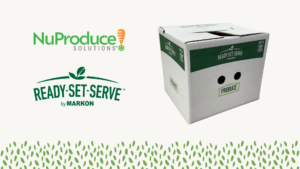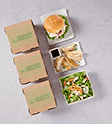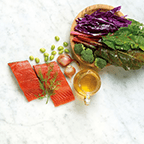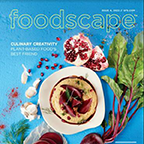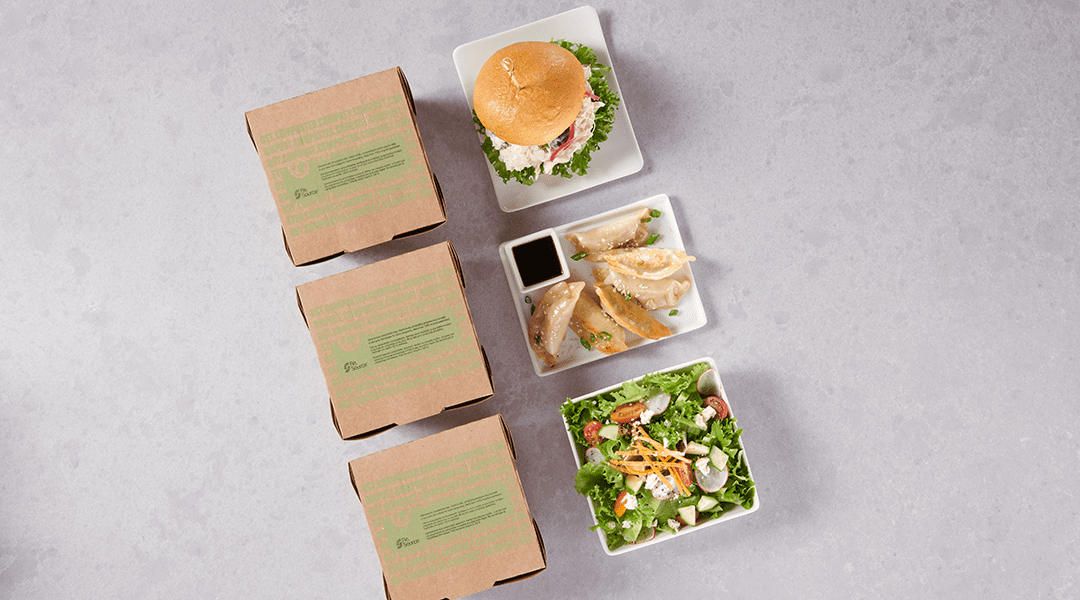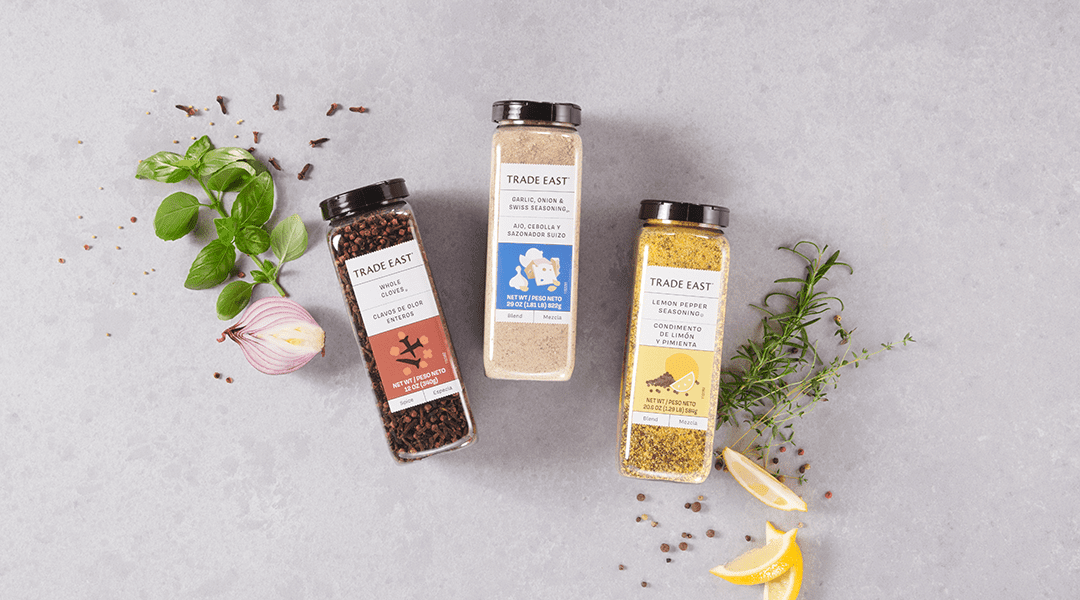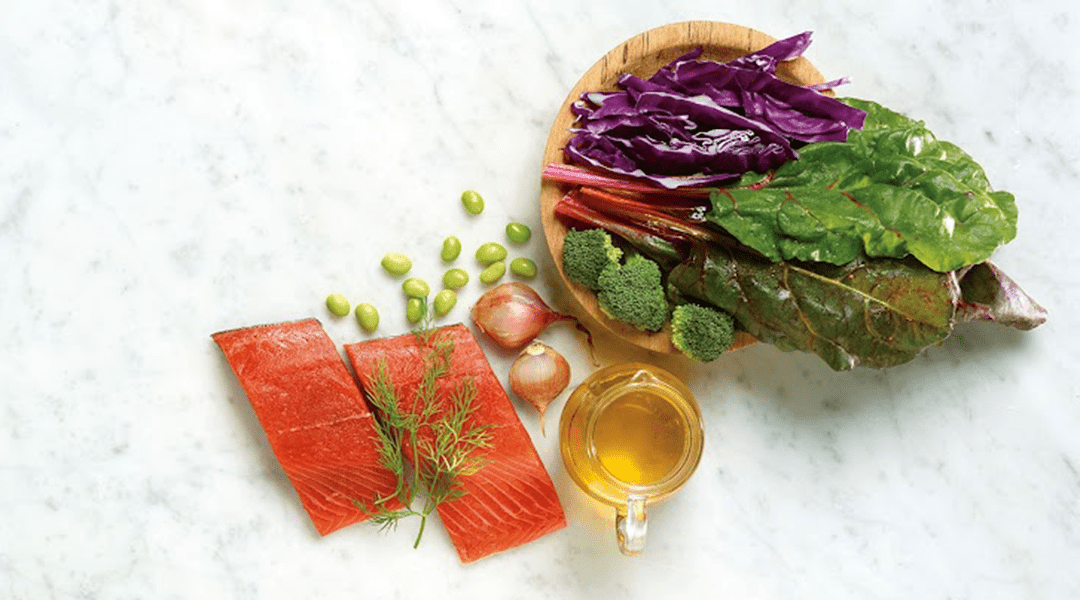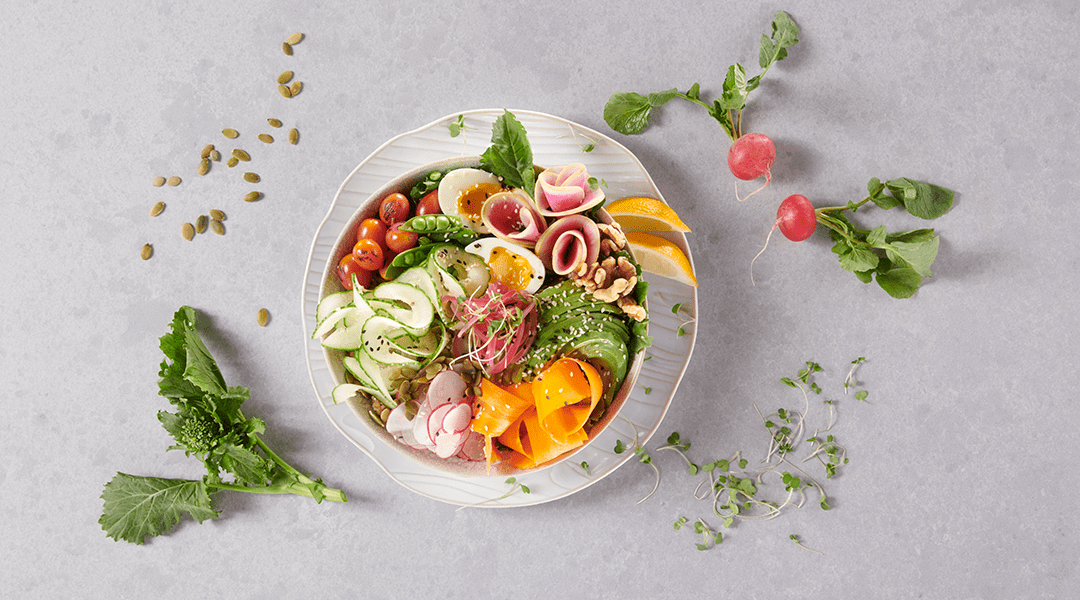In today’s multicultural landscape, operators should understand the different dietary practices, such as kosher and halal.
The global market for kosher food is expected to reach nearly $13 billion by 2027, according to research by Technavio, and North America is expected to contribute to more than half of that growth. Halal foods also are seeing a surge, with spending expected to grow from $1.27 globally in 2021 to $2.04 trillion by 2025, Statista reports.
The Kosher Diet
Food is kosher when it meets dietary requirements outlined by Jewish law or kashrut. A kosher symbol on a food product means the product has been certified kosher by an agency. Only animals that chew their cud, have cloven hooves and are free from disease are considered kosher.
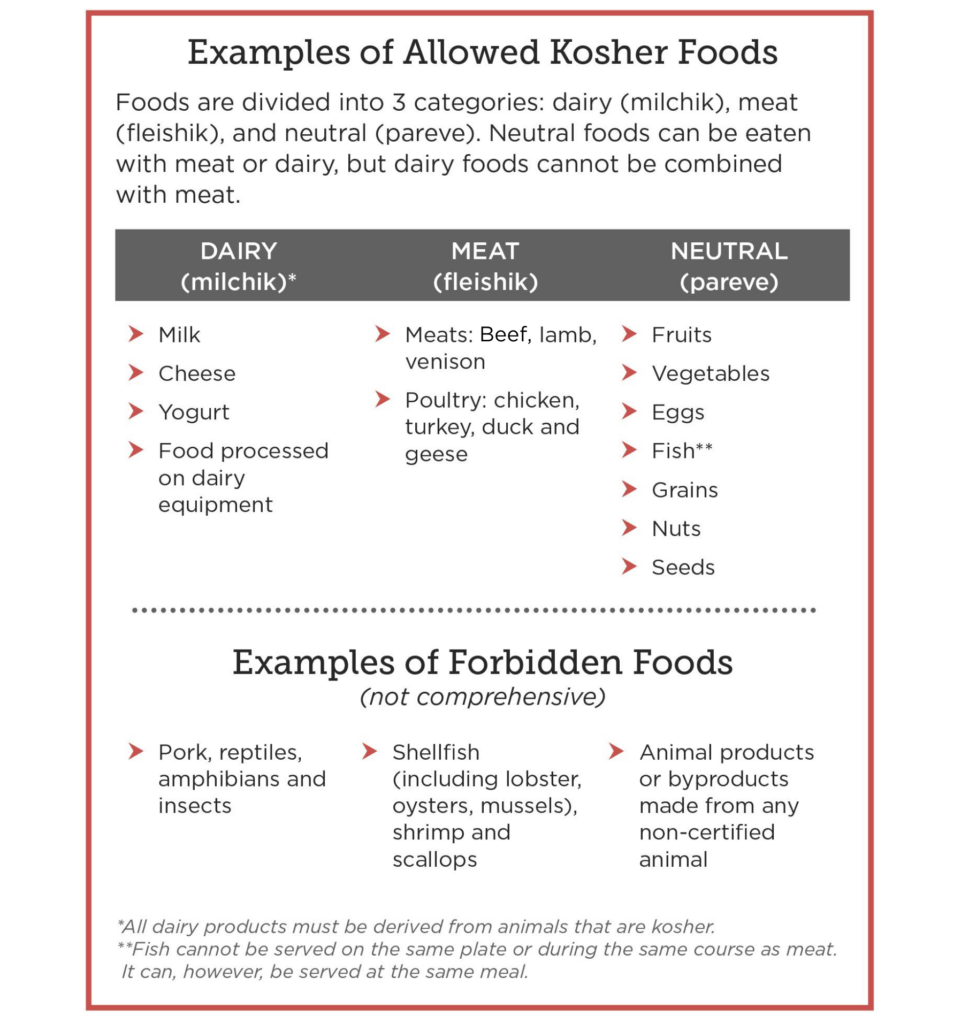
The Halal Diet
It is often difficult to classify processed food as strictly halal or haram because of its ingredients. Consequently, it’s important to check labels to see if food is halal-certified. If no certification is specified, verify the ingredients and look for haram (forbidden) ingredients.
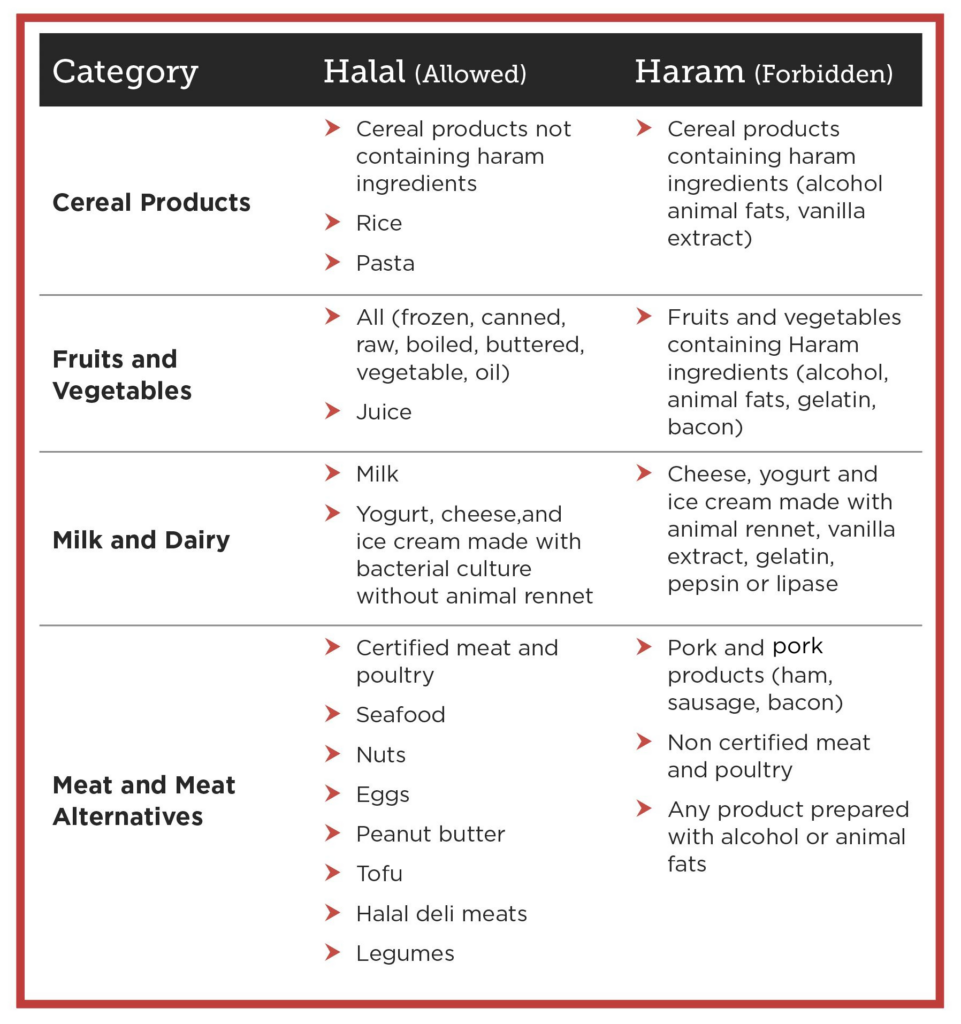
By serving foods according to these religious principles, you can satisfy the needs of a larger group of guests.
How Gordon Food Service Can Help
In Gordon Ordering, use the kosher or halal filter when selecting products and viewing your order guide. Kosher certificates are also available on the Kosher Letters of Certification page. Ask your Sales Representative for the Health and Wellness Guide to learn more.


